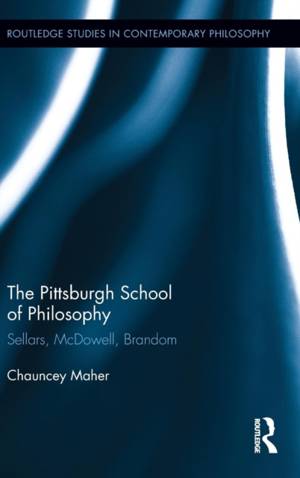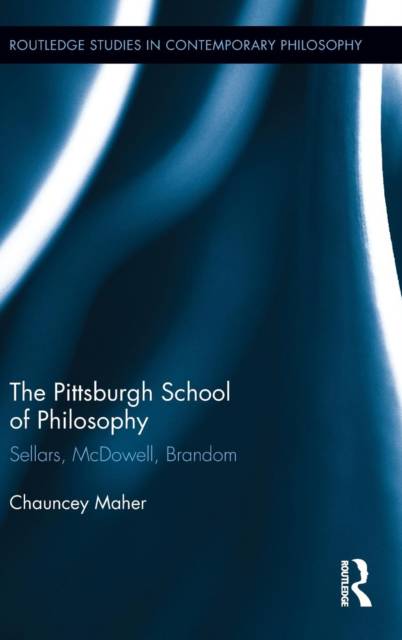
- Retrait gratuit dans votre magasin Club
- 7.000.000 titres dans notre catalogue
- Payer en toute sécurité
- Toujours un magasin près de chez vous
- Retrait gratuit dans votre magasin Club
- 7.000.0000 titres dans notre catalogue
- Payer en toute sécurité
- Toujours un magasin près de chez vous
Description
In this volume, Maher contextualizes the work of a group of contemporary analytic philosophers--The Pittsburgh School--whose work is characterized by an interest in the history of philosophy and a commitment to normative functionalism, or the insight that to identify something as a manifestation of conceptual capacities is to place it in a space of norms. Wilfrid Sellars claimed that humans are distinctive because they occupy a norm-governed "space of reasons." Along with Sellars, Robert Brandom and John McDowell have tried to work out the implications of that idea for understanding knowledge, thought, norms, language, and intentional action. The aim of this book is to introduce their shared views on those topics, while also charting a few key disputes between them.
Spécifications
Parties prenantes
- Auteur(s) :
- Editeur:
Contenu
- Nombre de pages :
- 170
- Langue:
- Anglais
- Collection :
- Tome:
- n° 42
Caractéristiques
- EAN:
- 9780415804424
- Date de parution :
- 18-06-12
- Format:
- Livre relié
- Format numérique:
- Genaaid
- Dimensions :
- 157 mm x 231 mm
- Poids :
- 362 g

Les avis
Nous publions uniquement les avis qui respectent les conditions requises. Consultez nos conditions pour les avis.






